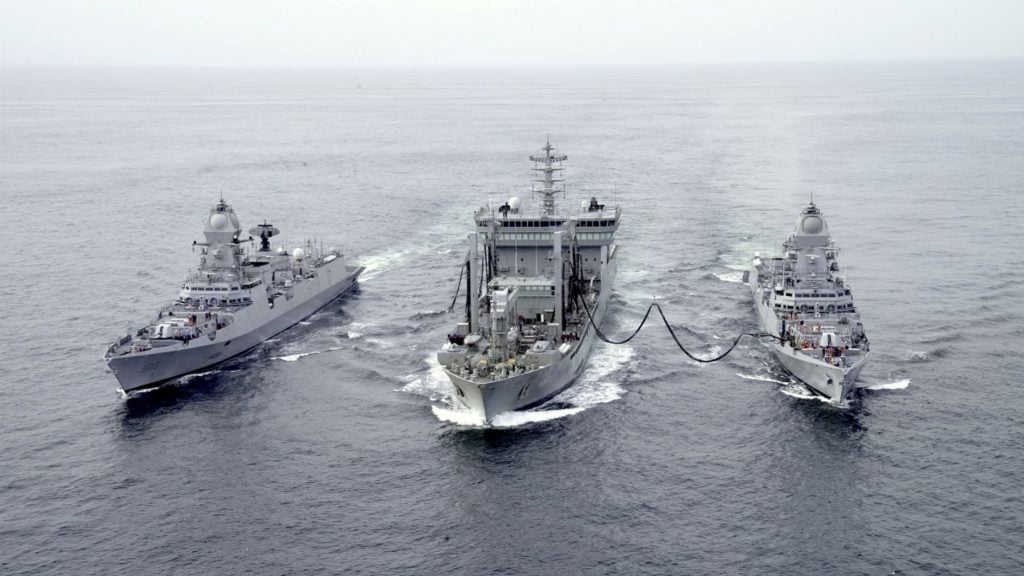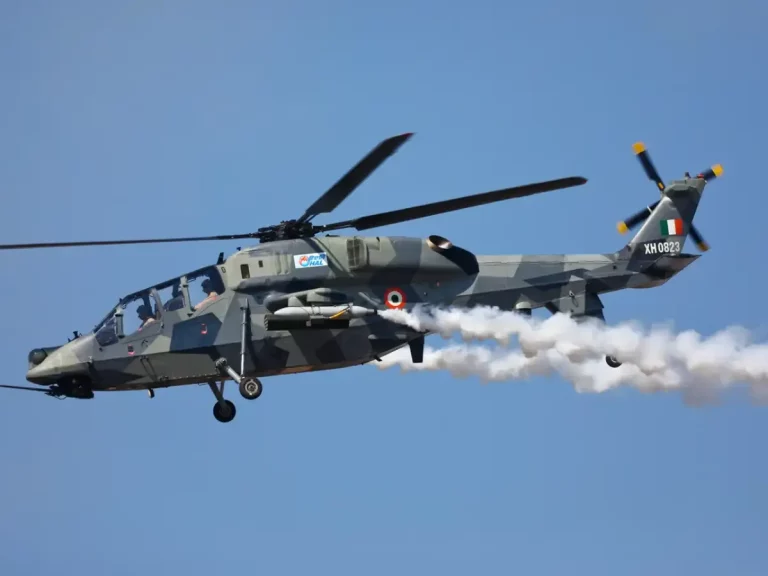In response to the tragic Pahalgam terror attack that resulted in the death of 26 civilians in Jammu and Kashmir, the Indian Navy has conveyed a resolute message highlighting India’s commitment to addressing terrorism head-on. A recent post on the Navy’s official X handle proclaimed, “Fuelling the Maritime Might – No mission too distant, No Sea too vast,” reflecting its strategic readiness and operational outreach.
This declaration comes in the aftermath of significant retaliatory measures taken by the Indian government, which recently included the suspension of the Indus Waters Treaty, the sealing of the Attari-Wagah border, and the expulsion of Pakistani diplomats. The April 22 assault, attributed to The Resistance Front (TRF)—a proxy group associated with Lashkar-e-Taiba—has notably strained relations between India and Pakistan.
The Navy’s bold statement on social media was supplemented by hashtags such as #FleetSupport and #AnytimeAnywhereAnyhow. These phrases underscore the competence and agility of the force in logistics and rapid deployment. Demonstrating a heightened state of alert, the Navy has intensified its operations in the Arabian Sea. Recently, the indigenous guided-missile destroyer INS Surat conducted a successful test of a medium-range surface-to-air missile, capable of reaching targets 70 km away. Additionally, anti-ship drills employing BrahMos and other advanced missile systems showcased India’s precision capabilities in maritime warfare.
The operational readiness of the aircraft carrier INS Vikrant further enhances India’s naval deterrence, marking a significant asset in the Navy’s arsenal to safeguard national interests across various oceans.
As these developments unfold, Prime Minister Narendra Modi convened a high-level security meeting attended by key figures, including Defence Minister Rajnath Singh, Chief of Defence Staff General Anil Chauhan, the three service chiefs, and National Security Advisor Ajit Doval. Reports indicate that the Prime Minister expressed unwavering confidence in the capabilities of the Indian Armed Forces, granting them complete operational freedom to decide on the timing, methods, and specific targets for any potential response.
The Pahalgam attack, one of the most severe incidents since the abrogation of Article 370 in 2019, predominantly affected tourists and resulted in numerous injuries. Although the government has yet to disclose official casualty figures, the ramifications of the incident have prompted heightened security measures throughout Jammu and Kashmir and intensified counter-terror operations.
With its assertive messaging and heightened maritime readiness, the Indian Navy’s stance sends a definitive signal: the nation is prepared, resilient, and ready to take decisive action against any threats to its sovereignty.







